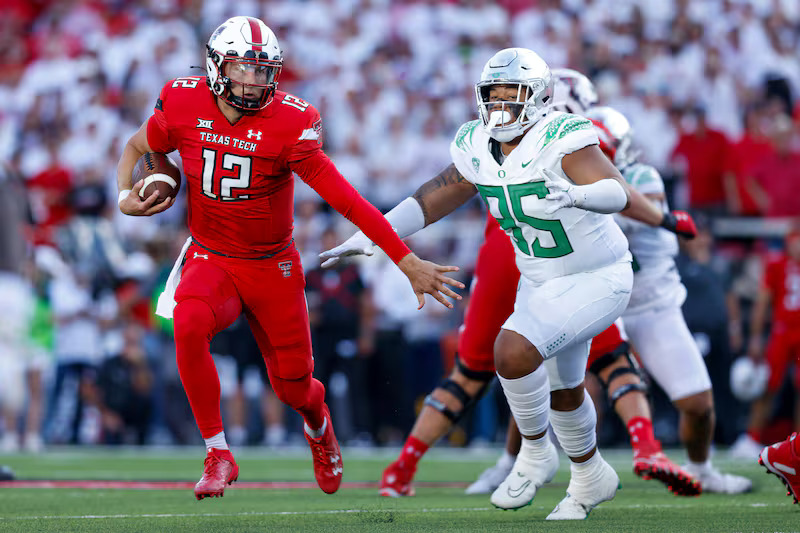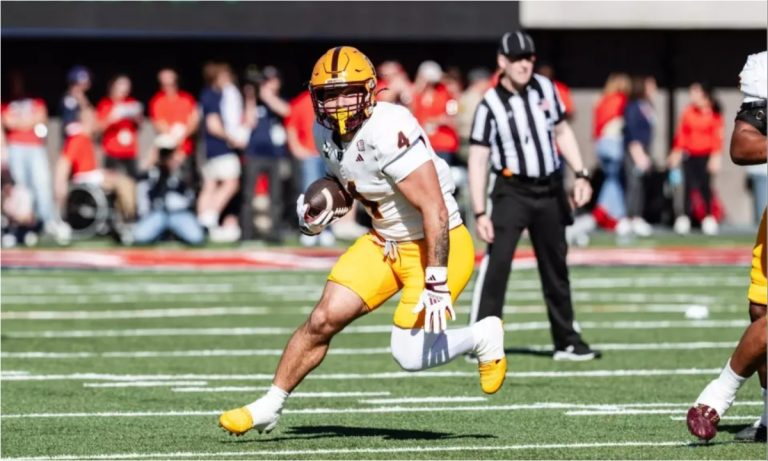The rise of lucrative NIL (Name, Image, and Likeness) deals, like the reported $4 million agreement for former Georgia quarterback Carson Beck to play for the University of Miami in 2025, is transforming college football. Players now have a strong financial incentive to stay in school, delaying their transition to the NFL.
This development dismantles the long-standing illusion of college football as an amateur sport, exposing it as a highly profitable business. For decades, everyone involved in the sport except the players benefited financially, but now athletes are finally sharing in the revenue, making college football an increasingly attractive option compared to the uncertain earnings of an NFL rookie.
Staying in college is becoming a smarter financial decision for many players. For the 2024 NFL Draft, only the top 16 first-round picks received contracts worth more than $4 million annually, for players unlikely to be drafted that high, NIL agreements offer the chance to earn comparable or greater sums while continuing to refine their skills. These deals also give players more time to develop on the field before entering the NFL, where early contracts may not provide the same financial security or opportunities for growth.

This shift also gives players more leverage to influence their professional futures. With significant earnings from NIL deals, athletes may be more willing to challenge dysfunctional NFL teams by refusing to sign or even sitting out a season to force a trade. Though this approach might initially face criticism from fans and media, past examples like Eli Manning in 2004 and John Elway in 1983 show it can be effective. Players with financial stability can now afford to prioritize their long-term success over immediate entry into the NFL.
The importance of this change becomes clear when considering the damage done to careers by poor NFL team environments. Quarterbacks like Sam Darnold and Baker Mayfield struggled early in their careers due to bad management and weak rosters. By staying in college longer, players can avoid such pitfalls, entering the NFL with more experience and stronger negotiating positions. The added playing time has already benefited quarterbacks like Jayden Daniels and Bo Nix, whose extended college careers have accelerated their readiness for professional competition.
Ultimately, the NIL revolution allows players to take control of their futures. College football’s new financial reality gives athletes the means to make strategic decisions about their careers, balancing income, experience, and opportunity. While NFL teams have long acted in their own best interests, players now have the tools to do the same. This evolution signifies a broader shift in sports, empowering athletes to protect their careers and maximize their potential.

